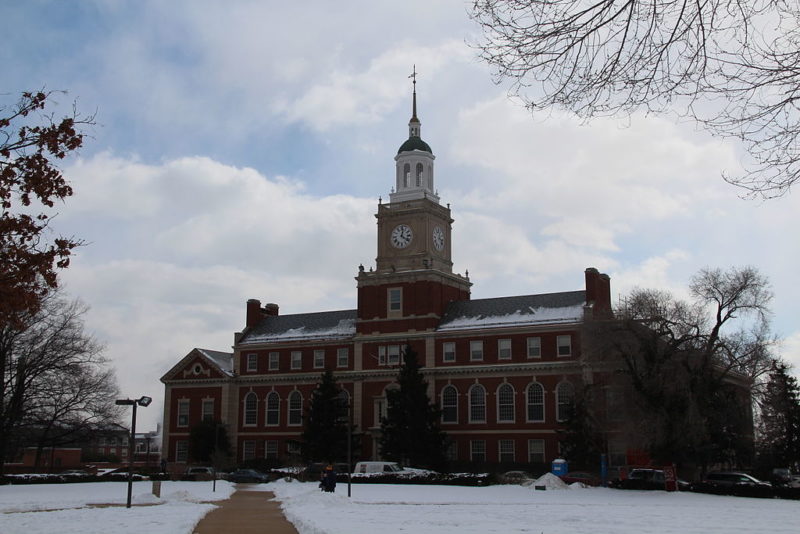White Violence and Black Success: Why HBCUs Receive Bomb Threats
Share
Explore Our Galleries
Breaking News!
Today's news and culture by Black and other reporters in the Black and mainstream media.
Ways to Support ABHM?
By Liann Herder, Diverse: Issues In Higher Education

Ever since the first historically Black Colleges and Universities (HBCUs) were built on U.S. soil, threats of white violence followed suit.
“HBCUs were founded in response to the nation’s desire to maintain strict separation between Blacks and whites, to keep Blacks ignorant and economically dependent,” said Lezli Baskerville, CEO of the National Association for Equal Opportunity in Higher Education (NAFEO). NAFEO is a membership association for all HBCUs, two and four-year alike, as well as Predominately Black Institutions (PBIs).
HBCUs, said Baskerville, are engines of Black growth and achievement as they continue to establish pathways toward greater economic independence. Because of that, she said, it is not surprising that white nationalists choose to threaten HBCUs.
The recent bomb threats came in waves, starting with Howard University at the beginning of January. As recent as last week, 13 HBCUs including Albany State University, Bowie State University, Delaware State University, Southern University and A&M College received bomb threats. Bethune-Cookman University received a bomb threat later identified as hailing from the neo-Nazi terrorist group, Atomwaffen Division.
On Feb. 1, the first day of Black History Month, Howard University received its third bomb threat, followed by Morgan State University, Edward Waters University in Florida, and three other HBCUs.
By the second week of February, the threats continued, this time targeting Spelman College and Alcorn State University. All of the schools were forced to close while police scoured the campuses with K9 bomb-sniffing dogs. No tangible threats were discovered, and the FBI is in the process of investigating.
Keep reading about the long legacy of anti-Black violence.
Learn more about HBCU Howard University and one of its newest scholarships in memory of Chadwick Boseman.
More breaking news here.









Comments Are Welcome
Note: We moderate submissions in order to create a space for meaningful dialogue, a space where museum visitors – adults and youth –– can exchange informed, thoughtful, and relevant comments that add value to our exhibits.
Racial slurs, personal attacks, obscenity, profanity, and SHOUTING do not meet the above standard. Such comments are posted in the exhibit Hateful Speech. Commercial promotions, impersonations, and incoherent comments likewise fail to meet our goals, so will not be posted. Submissions longer than 120 words will be shortened.
See our full Comments Policy here.